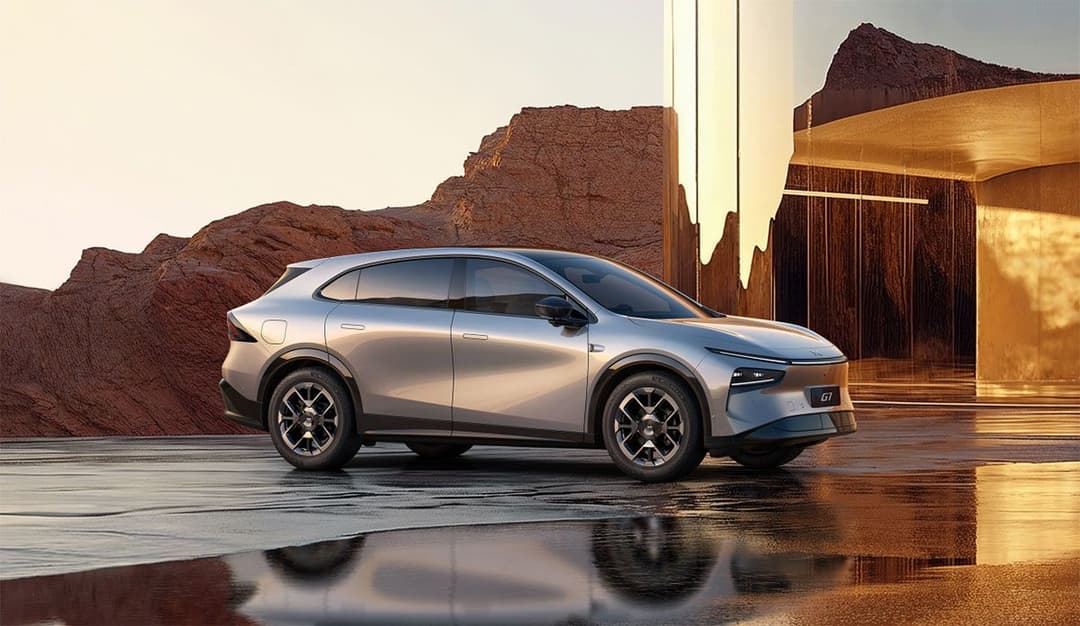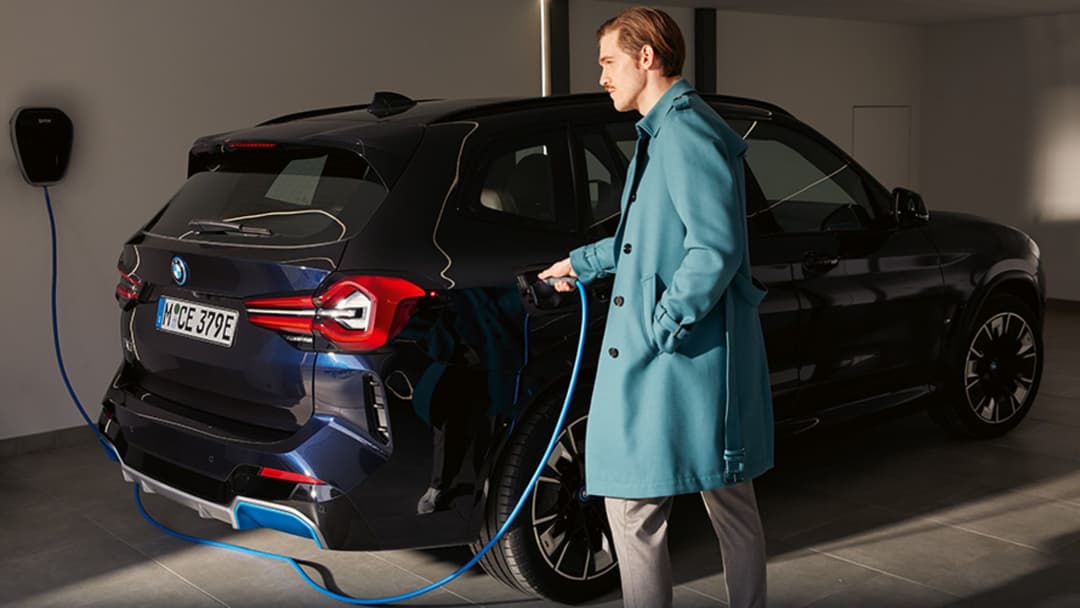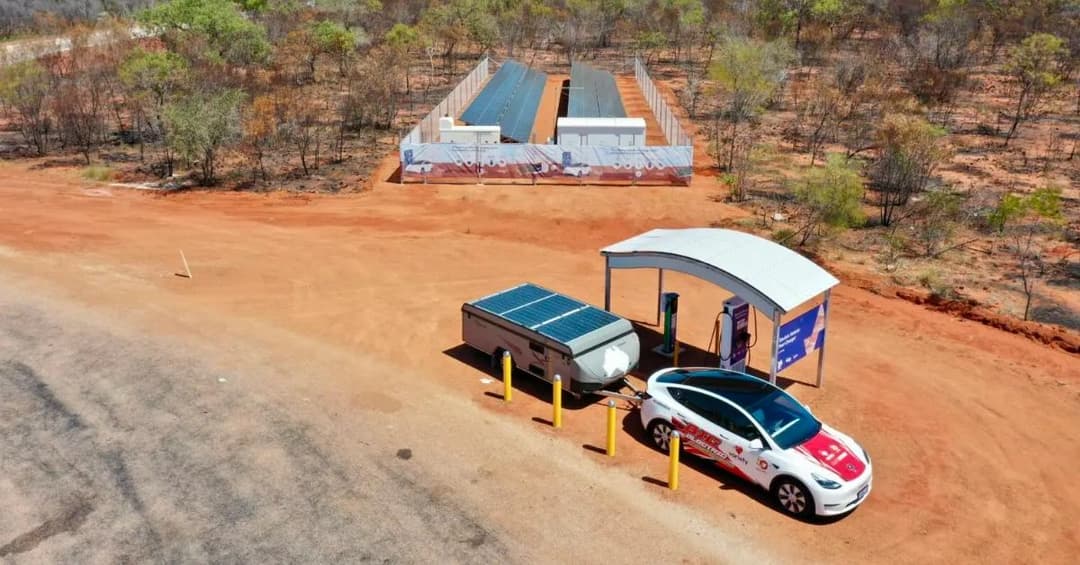As electric vehicles become more common on Australian roads, the federal government is considering a road-user charge (RUC) for EVs to help fund transport infrastructure. Currently, drivers of petrol and diesel cars pay a fuel excise (currently 50.8 cents per litre) that contributes to federal revenue. EV drivers, who charge their cars with electricity, don’t pay this excise, effectively using the roads without contributing to their upkeep.
▶️MORE: Electric Car FBT Exemption Explained (2025)
Treasurer Jim Chalmers has hinted at a future system where EV owners pay a charge based on how much they drive. While he acknowledged the complexity of reforming the transport funding model, he made it clear that changes are coming. EV expert Toby Hagon says such a move is long overdue, arguing that EVs “need to start paying their way.” He suggests a possible rate of 3 cents per kilometre.
▶️MORE: Cost to Charge an Electric Car in Australia

How Much Could EV Owners Pay?
The average Australian drives about 12,100 kilometres a year. If the proposed 3 cents per kilometre charge is introduced, EV drivers could end up paying around $363 annually. That’s still significantly less than the average $1,200 a household spends on fuel each year under the current excise.
| Measure | Petrol/Diesel Vehicles | EVs (under proposed RUC) |
| Annual road funding cost | ~$1,200 | ~$363 |
| Fuel excise per litre | 50.8 cents | None |
| Distance-based charge | None | ~3 cents/km |
Australians paid $15.7 billion in net fuel excise in 2023–24. This figure is expected to rise to $67.6 billion by 2026–27, reinforcing the need for EVs to contribute as the shift away from petrol continues.
▶️MORE: 5 Cheapest Electric Cars in Australia (2025)

Calls for a Universal Charging System
Rather than targeting only EVs, Hagon believes Australia should apply a single system to all vehicles, regardless of powertrain. “Tax them all equally,” he says, suggesting that fuel excise could be replaced entirely by a weight-based RUC.
This would not only create a fairer system but could also benefit motorists if fuel costs are reduced in the process. Heavier vehicles, which wear down roads more quickly, would be charged more under this model.
▶️MORE: Which Electric Cars Have Bidirectional Charging (V2L, V2G, V2H)?

Will RUC Push Drivers Away From EVs?
Some have questioned whether introducing a RUC could discourage potential EV buyers—especially at a time when sales are already softening. But Hagon isn’t concerned. He says EVs are still much cheaper to run than petrol vehicles, and the cost savings on fuel will likely continue to outweigh any new road charges.
In his view, the lower running costs, growing model range, and falling prices will continue to drive EV uptake, even if a small usage charge is introduced. “The running cost of an EV is so much lower than $363 a year, so it’s not going to be the determining factor of whether someone buys an EV or not,” he said.
Stay up to date with the latest EV news
- Get the latest news and update
- New EV model releases
- Get money savings-deal
